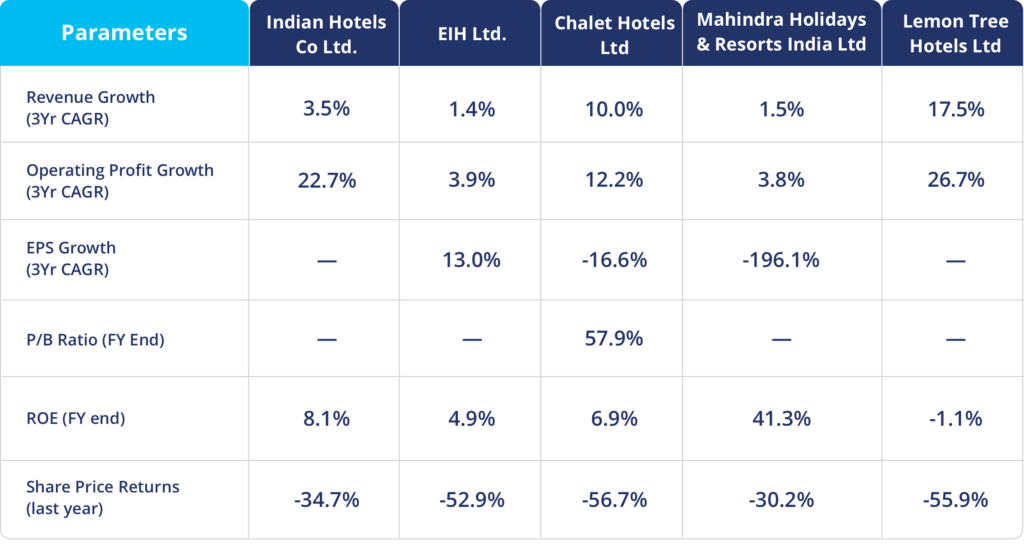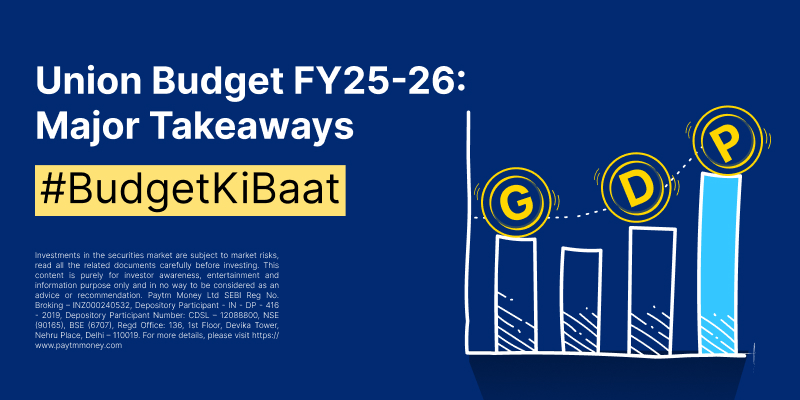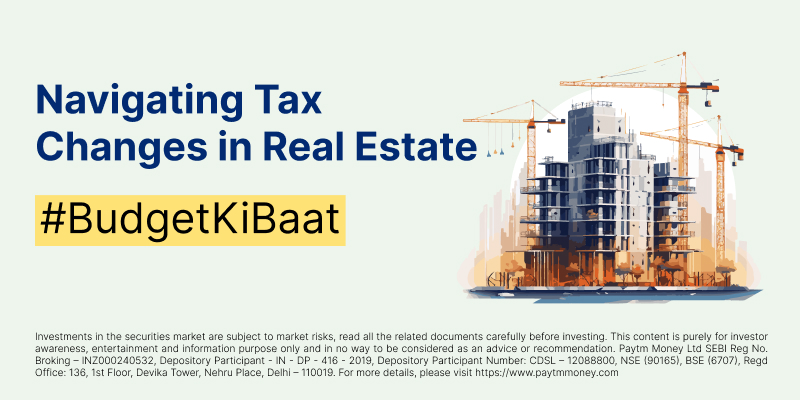Will Revenge Tourism Revive The Hotel Industry?6 min read
After being confined to their homes for several months due to the pandemic, individuals have now started making plans to go out and travel.
Also termed as “Revenge Tourism”, the early signs of this pent-up demand have been noticed in China where millions of Chinese have begun travelling across the country after facing around a year of lockdown and restricted movement. Even social media is going abuzz with photos of crowded tourist spots like Dali and Lijiang in Yunnan province and railway stations packed with enthusiastic travellers.
The Chinese culture and tourism ministry estimates that over 550 million people may turn up during this eight-day mid-autumn festival called Golden Week, an annual public holiday that happens to be the peak time for spending and travel.
Despite being a lower estimate as compared to 800 million travellers last year, Chinese officials are expecting that the spending happening at this time of the year would be key to the country’s economic recovery.
Ok… But What Are Our Desi Folks Doing?
With the confidence returning and unlock 5.0 guidelines easing restrictions, a similar trend has been observed in Indian metros where people are packing their bags and heading for shorter breaks to not-so-popular locations.
Additionally, driveway trips to nearby spots like from Delhi to Nainital, Shimla, and Mussoorie, which can be completed within 4-5 hours are picking up steam and people are preferring to travel in their own cars. Likewise, people from Bengaluru can be seen visiting Kodagu, Mysuru, Chikkamagaluru, Sakleshpur, and Hampi as well.
Along with mini-holidays, hotels are noticing guests extend their short stays to month-long vacations to rejuvenate and work at the same time. With regard to international travel, Maldives and Dubai are becoming travellers preferred destinations.
Mahindra Holidays has reported that their resorts in Rajasthan, Karnataka, Gujarat, and Maharashtra are all sold out during the weekends. Also, as compared to September, the hotel occupancies have shot up to 80% on weekends and 60% on weekdays.
At the same time, Chalet Hotels is experiencing a boost of 20-30%, as compared to pre-Covid figures, in its room occupancy in metro cities, as a result of Vande Bharat Mission that brought about huge business for high-end hotels. The hotel’s Vice President reported that real estate and infrastructure projects around Mumbai and other metros have caused companies’ staff to stay in their hotels on account of containment norms.
A similar wave of optimism has been noticed in flight bookings as well. As per Cleartrip.com, flight booking levels have gone up to 40%, significant growth in comparison to pre-Covid levels of 20% and 30% in August and September respectively.
Goa Airport Director Gagan Malik said “During weekdays, Goa airport sees 20-25 flights, while on weekends the number increases to around 30. An additional 8-10 flights are expected to start from the end of October. Currently, the state is seeing more passenger arrivals than departures.”
Are Hotels Prepared For This Uptick In Demand?
Be it the State Governments or Hotels, each one is leaving no stone unturned and offering attractive incentives to drive-in a large number of tourists from all over the country. These entities are ensuring that hygiene is maintained at all times and the same message gets communicated to its guests.
The month of September saw the Uttarakhand Tourism Development Board offering heavy discounts of 25% on hotel bookings under its Tourist Incentive Coupon scheme. Similarly, the Kerala Government has made all tourist attractions accessible except the beaches, keeping safety measures in check to prevent the spread of the virus. Goa is also welcoming a number of local tourists. However, the government has not yet allowed entry of foreign charter planes.
Taj Hotels has launched value-added room packages, discounts, and other useful offers that are enabling them to increase their occupancy across leisure resorts situated in Goa, Chennai, and Uttarakhand. Also, Marriott International is witnessing a considerable hike in repeat bookings and one for weekend stays, which highlights an increase in demand for domestic travel.
Zubin Saxena, MD-Radisson Hotel Group (South Asia) commented that “Demand in the transient or small-group segment has shot up and replaced quarantine stays that were dominating occupancy trends so far. Our business has also seen an uptick in food and beverage (F&B) revenues over the past few weeks.”
Besides, factors like safety, accessibility, and privacy are contributing to the overall demand and high-end hotels and boutique properties are trying to leverage the same. On these lines, customers who are super-cautious are willing to pay a premium price in hotels and villas that are located on the city outskirts.
What Are The Upcoming Hospitality Trends In The New Normal?
Considering an increased user consciousness towards open spaces, sanitization, social distancing & apprehension towards crowded places, hospitality experts predict a complete transformation in the existing hotel protocols and their Standard Operating Procedures (SOPs). Every hotel will be focussing on creating their unique brand image that resonates with hygiene and enables it to attain user’s confidence.
Jonathan Mills, Managing Director, RCI APAC & DAE Global, shares his views on the same-“After this pandemic, the whole hospitality industry will redesign itself. The major procedures that we will be focusing on is our Information Desk, we will help and guide our members with information about safety measures at our affiliate resorts, this will also help our partners. We will be keeping a strict check on the situation at least till 2021. We are also currently exploring possibilities of virtual tours through RCI TV so members can see how the resort looks and satisfy themselves before booking. At this moment the entire industry is envisioning the future and seeing how it can be better, safety and sanitization will play the biggest roles in future bookings.”
In order to provide a safe and hygienic environment, Pride Group of Hotels is using all the essentials equipment like alcohol-based sanitizer, thermal guns, hand gloves, and face masks. Additionally, they are keeping the teams up-to-date with hygiene standards as per the government regulations.
Contactless service is expected to be the new normal and technology will act as its backbone. This entails services like online check-in, app-based offerings, and AI-led client support. Miguel Munoz, Chief Resorts Officer- Mahindra Holidays and Resorts India reported that they are engaging with healthcare professionals and facility management experts to administer enhanced safety practices and contactless services in their resorts.
How Does The Future Look Like For Hotels?
The business of hotels is extremely cyclical in nature. Usually, these are the first to get affected at the time of crisis and the last in the line to revive during an upcycle. However, the situation isn’t as grim as it seems.
Experts believe that as soon as a vaccine is in place or the economy recovers on the back of revenge tourism, including hotel stocks in one’s portfolio can be a good move. But investors need to exercise caution and sticking to well-established brands would help than risking in lesser-known ones.
At the same time, one may avoid keeping the hotel stocks as one’s core portfolio. Instead, don’t exceed your portfolio allocation beyond 25% to be on the safer side.
Fundamental Analysis





